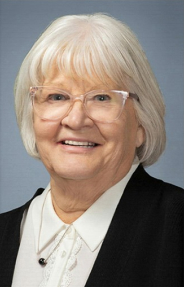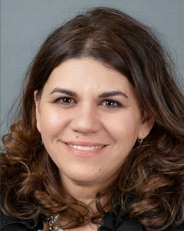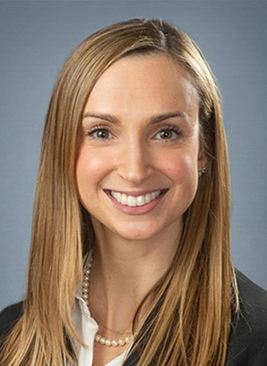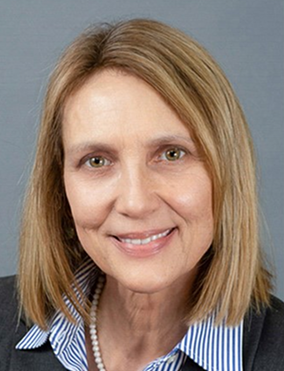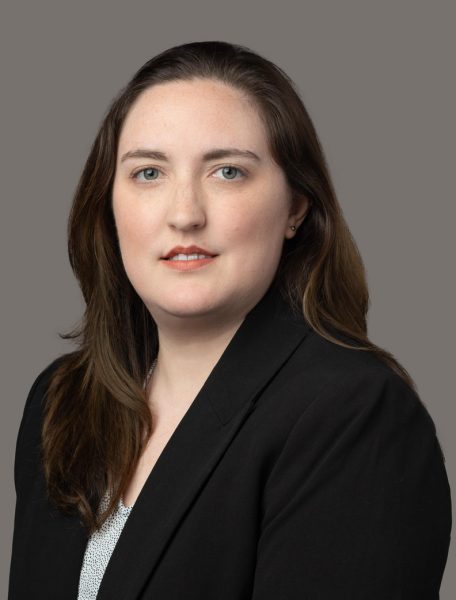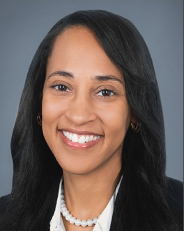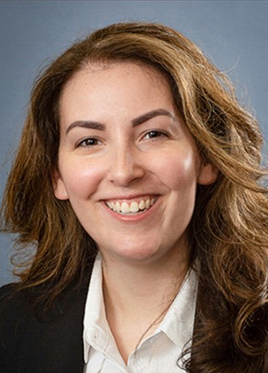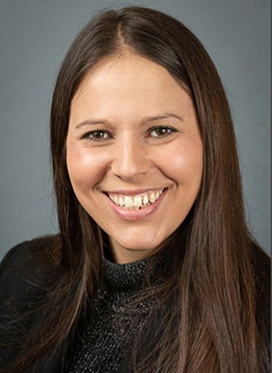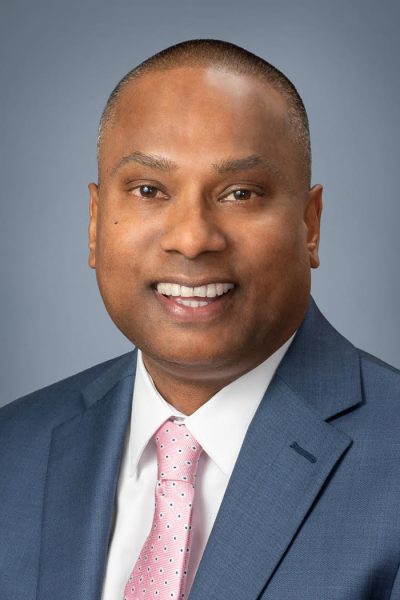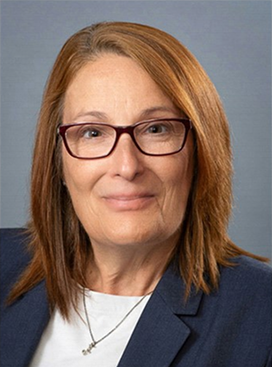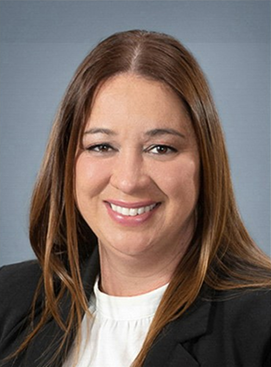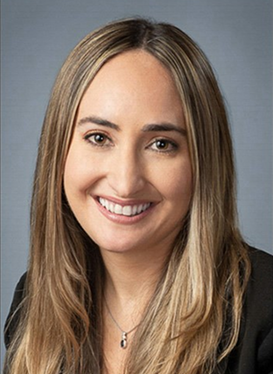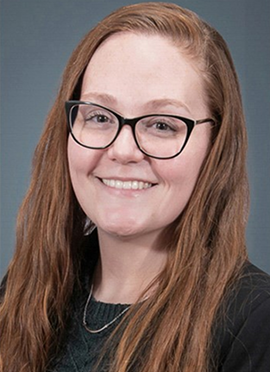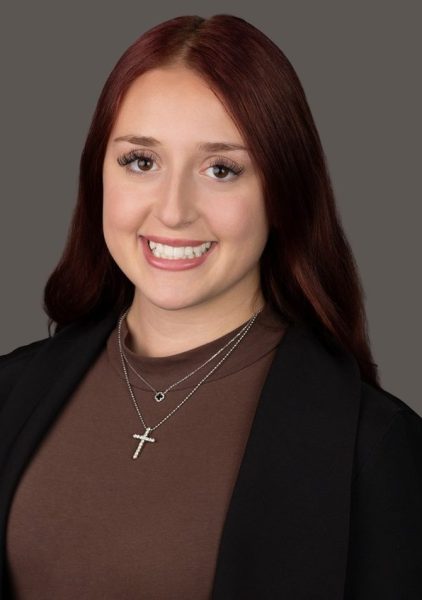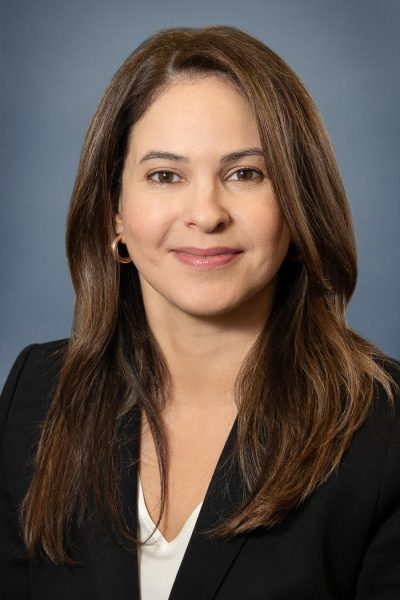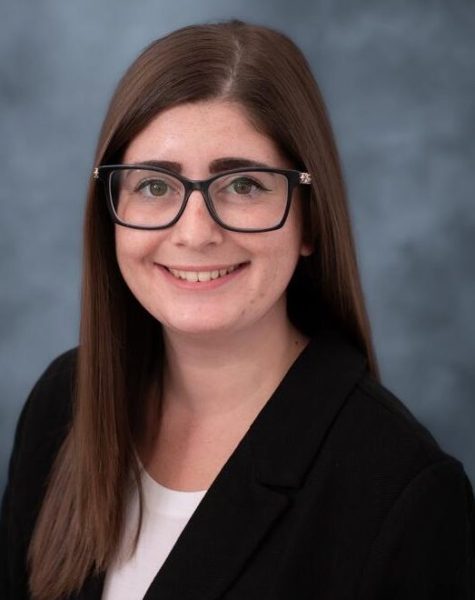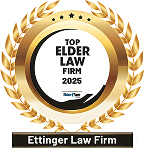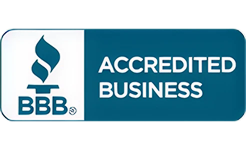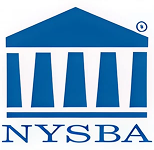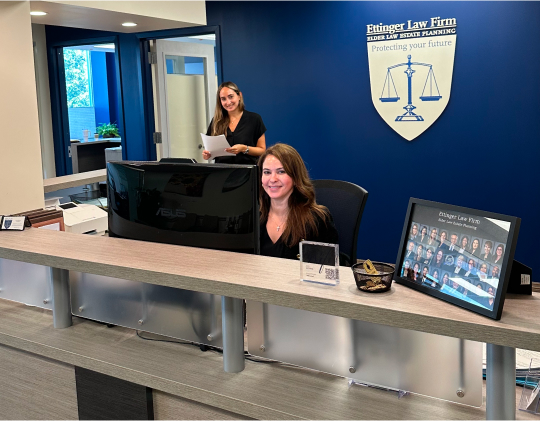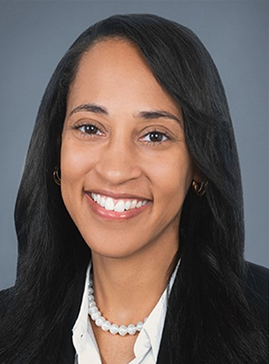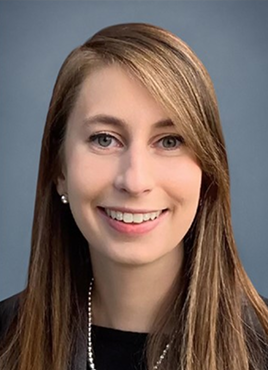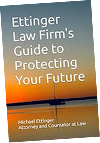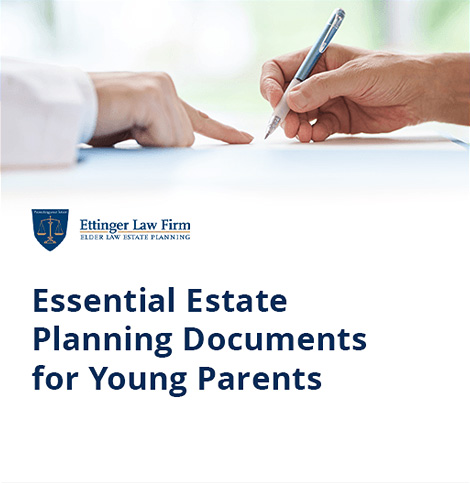New York’s Trusted Elder Law Estate Planning Firm

What We Can Do for You
Having served over thirty-five thousand satisfied clients since 1991, we know how to take you from confused or worried to calm and confident. Our trademarked “Lifetime Estate Planning Process” is designed to build your confidence with these benefits:
- No-Cost Consultation (virtual or in-person)
- Free copy of our 2026 plain English “Guide to Protecting Your Future”
- Informative 37-minute video “Four Advantages of Using Trusts”
- Free second consultation (virtual or in-person) to have your questions answered, draft your plan and provide you with a written Fee Proposal
- No fees due until your plan is completed and you are completely satisfied
- No charge for phone calls or emails
- Free weekly newsletter to keep you up-to-date
- Free review of your plan every three years
Trusted Expertise
Find a Location Near You
Ettinger Law Firm offers its experienced elder law estate planning services across twelve convenient locations in New York. Find an office near you to discuss your needs, whether to avoid probate, keep your assets in the bloodline, protect your assets from long-term care costs, save estate taxes, settle an estate or apply for Medicaid.
- Albany
- Fishkill
- Huntington
- Islandia
- Lake Success
- Melville
- Middletown
- New City
- Rhinebeck
- Rockville Centre
- Staten Island
- White Plains
Guided by Experience
Leadership You Can Trust
Our founding attorney, Michael Ettinger, is author of the 2026 book “Ettinger Law Firm’s Guide to Protecting Your Future” and a leading authority on elder law estate planning matters. He was a founding member of The American Academy of Estate Planning Attorneys and past President of The American Association of Trust, Estate and Elder Law Attorneys. The firm today consists of nine lawyers and seventeen paralegals and support staff.
Getting to Know Our Attorneys

Complementary Resources
Why Clients Trust Us
Explore testimonials from individuals and families who have benefited from Ettinger Law Firm’s award-winning care and attention. Learn how we provide peace of mind through our tried and true process.
Contact Us Today
- No-Cost Consultation
- 35+ Years Experience
- 12 New York Locations Serving You
Complete the contact form or call us at 888-643-1298 to schedule your no-cost consultation.



